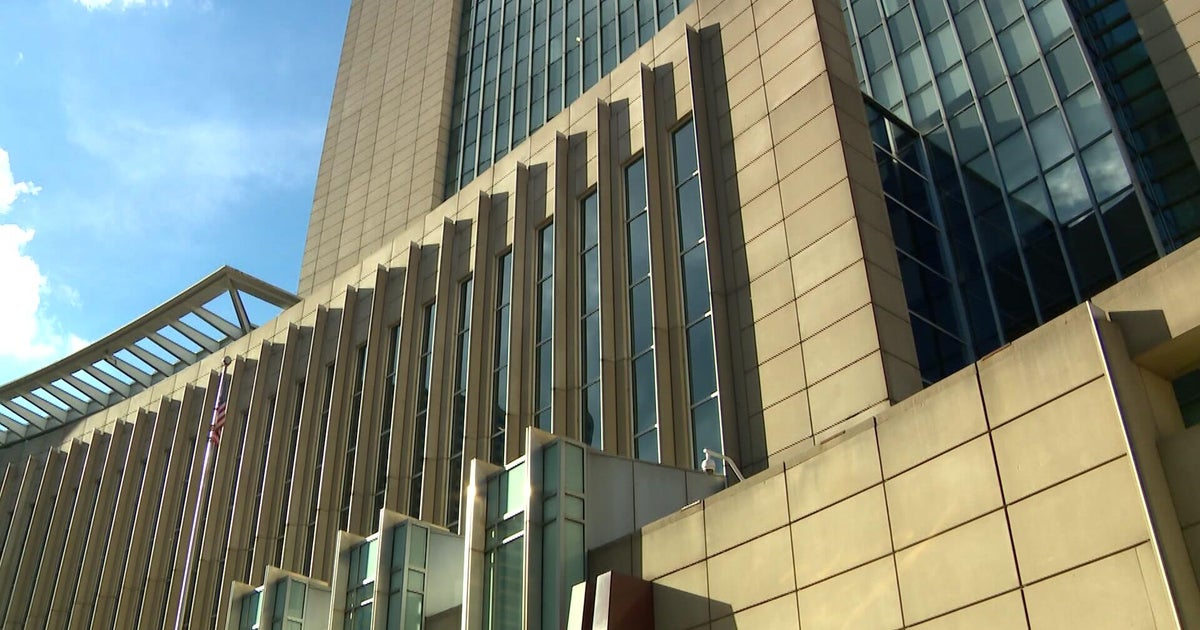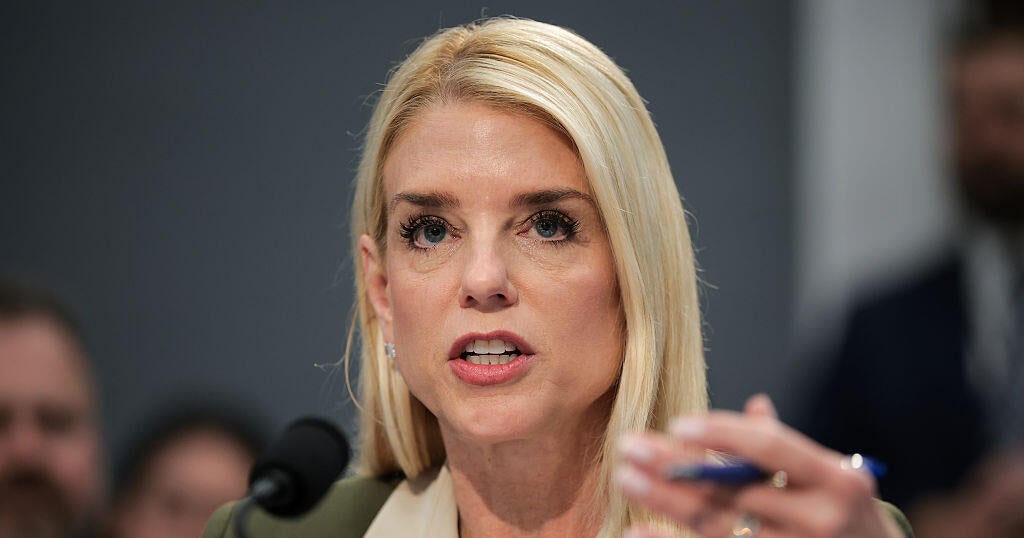Supreme Court hears arguments on 2020 census citizenship question
Conservative Supreme Court justices said little as a Trump administration lawyer defended the government's plan to ask about citizenship on the 2020 census on Tuesday. That could be an indication the court's majority may be inclined to side with the administration.
Liberal justices peppered the administration's top Supreme Court lawyer with questions as arguments got underway. But they would lack the votes to stop the plan without support from at least one conservative justice. The outcome could affect how many seats states have in the House of Representatives and their share of federal dollars over the next 10 years.
Three federal courts have blocked the Commerce Department from adding the citizenship question. Those courts have ruled that Commerce Secretary Wilbur Ross violated federal law in the way he went about trying to include the question for the first time since 1950. They found that millions of Hispanics, who tend to vote for Democrats, and immigrants would go uncounted.
The lower court judges dismissed Ross' contention that the question, and the detailed information it would produce on where eligible voters live, is needed to aid in the enforcement of the federal Voting Rights Act.
Two of the three judges also ruled that asking if people are citizens would violate the provision of the Constitution that calls for a count of the population, regardless of citizenship status, every 10 years.
Census Bureau experts have concluded that the census would produce a more accurate picture of the U.S. population without a citizenship question because people might be reluctant to say if they or others in their households are not citizens. Federal law requires people to complete the census accurately and fully.
However, CBS News' Jan Crawford reports that opponents to question say including the citizenship portion will discourage non-citizens from ever filling out the census form, with estimates discouraging around 5.8 percent of people from not responding.
"That could have huge ramifications on all kinds of things like federal funding, redistricting, all the things that we use our gauge of population for and even allocating who gets what seats in the House of Representatives," Crawford told CBSN.
"Getting an accurate gauge of the population is crucially important but underrepresentation of non-citizens and minorities raises other questions as well and that was a big concern in arguments today," she added.
Crawford also noted that the issue of the citizenship question dates back some 200 years. "For a long time going back to the 1800's there was a question on the census about citizenship and then in the 50's and 60's they took it off," she explained.
The census then moved to put the citizenship question on a longer supplemental form but has not been asked in about 65 years on the short form most households receive. Justice Brett Kavanaugh noted that historical precedence asked Barbara Underwood, the former New York attorney general during oral arguments if that precedence should affect how the Court should look at the inclusion of the citizenship question, according to transcripts of Tuesday's arguments.
Kavanaugh also noted that a number of other countries -- including Spain, Germany and Canada -- currently asks a citizenship question on their version of the census. Underwood argued that the Court would need to make a judgement "based on context" and suggested those other countries have not experienced the same "problem of depressing the enumeration that the United States has."
But more liberal Justice Sonia Sotomayor argued that administration was conflating the purpose of the census with the addition of the citizenship question.
"That's a maximum need of the census survey report, not citizenship. Let's not confuse the two things. The enumeration is how many people reside here, not how many are citizens. That's what the census survey is supposed to figure out," Sotomayor argued.
The Supreme Court is now hearing the case on a tight timeframe, even though no federal appeals court has yet to weigh in. A decision is expected by late June, in time to print census forms for the April 2020 population count.
The administration argues that the commerce secretary has wide discretion in designing the census questionnaire and that courts should not be second-guessing his action. States, cities and rights groups that sued over the issue don't even have the right to go into federal court, the administration says. It also says the question is plainly constitutional because it has been asked on many past censuses and continues to be used on smaller, annual population surveys.
Opponents of the question obtained documents and testimony that showed Ross had begun pressing for a citizenship question soon after he became secretary in 2017, and that he had consulted Steve Bannon, who had been President Donald Trump's top political adviser, and then-Kansas Secretary of State Kris Kobach. Emails showed that Ross himself had invited the Justice Department request to add the citizenship question.
The Supreme Court has sent somewhat conflicting signals about how it might resolve the case. The justices allowed the first trial, in New York, to take place, over the administration's objection. Justices Samuel Alito, Neil Gorsuch and Clarence Thomas would have halted the trial.
The high court also prevented the challengers from taking sworn testimony from Ross, though it allowed the questioning of other officials.



